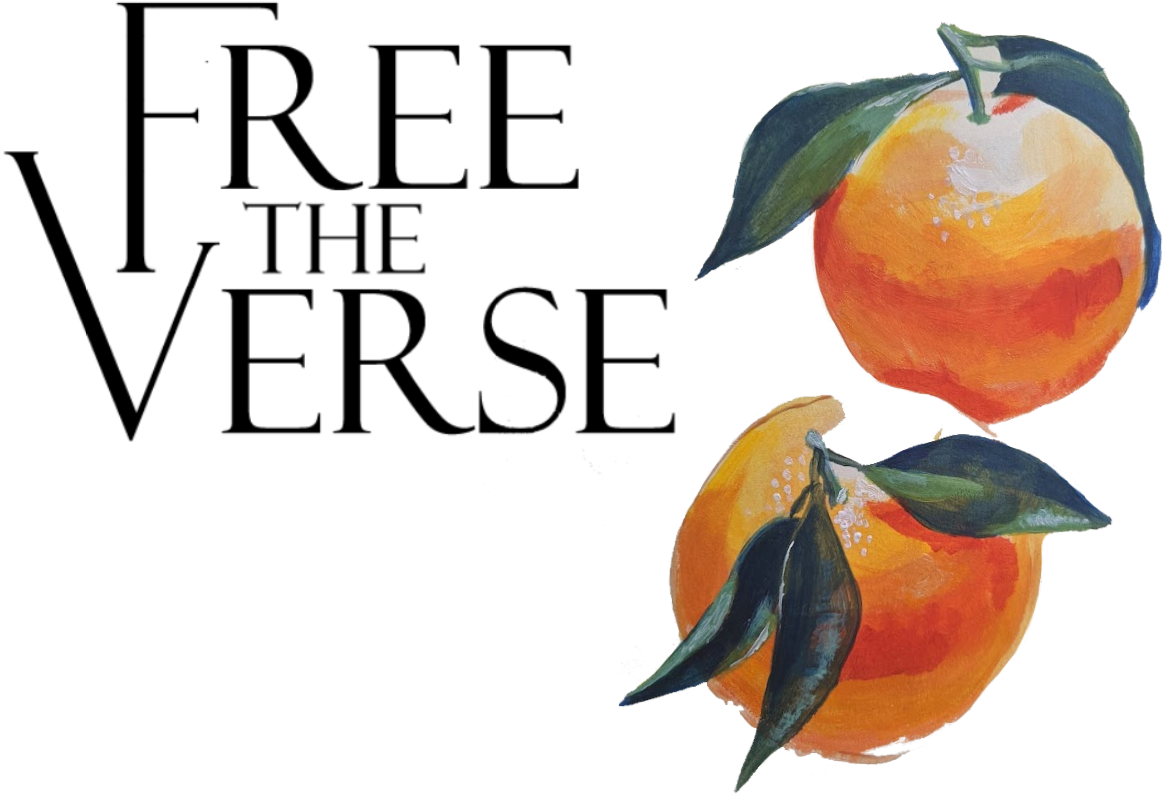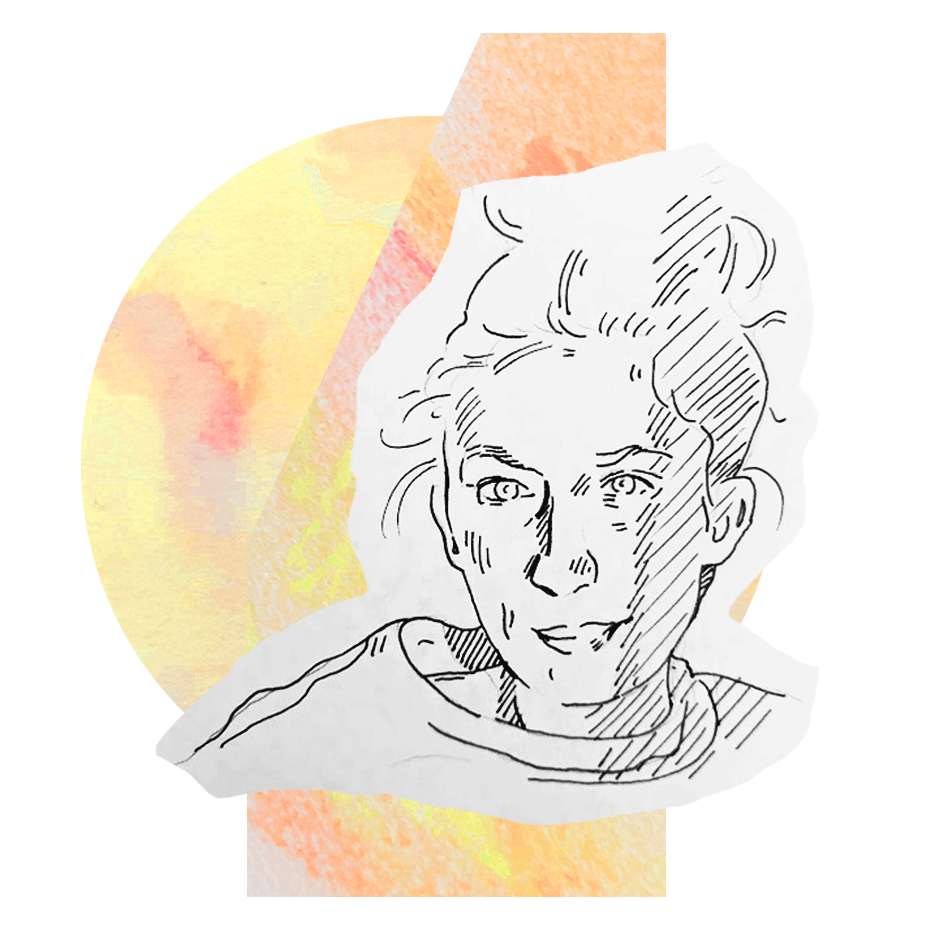Sapphire Allard on ‘When my parents’
Sapphire Allard has a PhD in Text, Practice and Research from the University of Kent.
She currently works part time as a creative writing workshop facilitator, alongside looking after her young daughter. Her work has been previously published in Ambit, Ink Sweat and Tears and Lucent Dreaming among others, and shortlisted for the Bridport Prize.
Tell us about your introduction to poetry.
Leonard Cohen's songs were probably my very first introduction to poetry as a kid, as my mum loves his music. I have studied English Lit and creative writing until a high level (I have a Ph.D in the subject) and I now teach creative writing too, but I weirdly still feel like a massive imposter when it comes to poetry! I guess I wrote it as a teenager (as is obligatory surely) but I have always studied and written fiction as a 'grown up.' I thought I didn't know the 'rules' of poetry so it scared me.
But since becoming a mum in 2021, I just didn't have the time needed to sit down a plan or write stories, so I scribbled notes in my phone that I started becoming brave enough to call poetry and this felt like my proper introduction. I have also started reading loads more poetry and realised there is space for so many voices and styles. It's actually been so lovely to have this new form to play with, and to learn about as it all feels new and exciting to me now, rather than scary!
What is a core theme of ‘When my parents’, and what called you to write about it?
It's about my parents who haven't had any form of relationship since their divorce almost thirty years ago, and about me finding these little connections they still share, despite not knowing it themselves. My experience of having parents who I have no memory of them getting on has been that it really shakes up what you know to be 'the truth' as the two people who made you have such different versions of it, and also a constant striving to make them happy.
I guess I was called to write this poem from a real moment of calm and clarity about the fact that I can't find a single truth or be responsible for making them happy, but I can still find these little connections between them and just believe them for myself.
Tell us about the experience of writing this poem.
Really satisfying – it was one of those poems that just arrived fully formed – I find they are, somewhat annoyingly, much better than the ones I spend months fussing over!
Where do you find inspiration?
All the usual soppy places really; my daughter, my partner, my friends and family, nature, and those blissful moments of dreaminess looking out train windows that I have excitingly had more of now I am commuting a couple of times a week.
You have an idea for a poem. What happens next?
I write down a phrase or words in my phone and come back to it later. Sometimes it goes somewhere very quickly, sometimes I leave it for months and come back to it and suddenly get what it is about and what shape it needs to take. Sometimes I come back to it and I realise its total trash and I delete it!
Where do you find community in poetry?
Instagram! So much talent and inspiration on there, and makes me feel connected when I can't get out at night very often.
Is there a poem you read over and over again?
Wild Geese by Mary Oliver
Do you have a favourite poet?
A few favourites: Hollie Mc Nish, Raymond Antrobus, Celia Knapp, Maggie Smith, Chen Chen, Mary Oliver and of course, the mighty Leonard Cohen.
What advice would you give to someone new to poetry?
Don't let the inner critic stop you writing.
Why do you think poetry is important?
It just has a way of capturing what needs to be said that other forms can't do in the same way. Not every poem will speak to everyone, but when a poem speaks to you it’s just magic.
Where can people find you and your work?
www.sapphireallard.com
@sapphirerosewriter on instagram
You can read Sapphire’s poem here.


